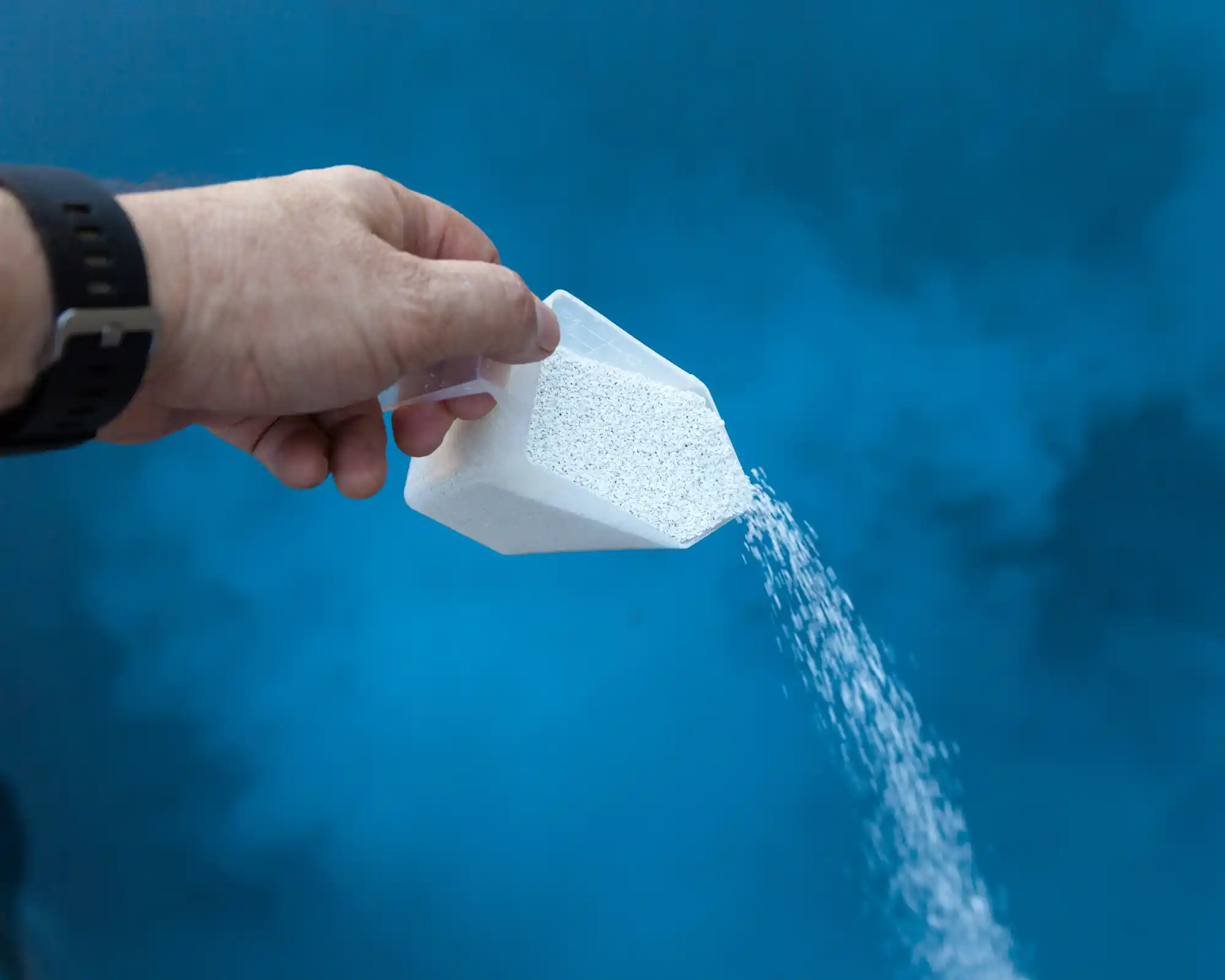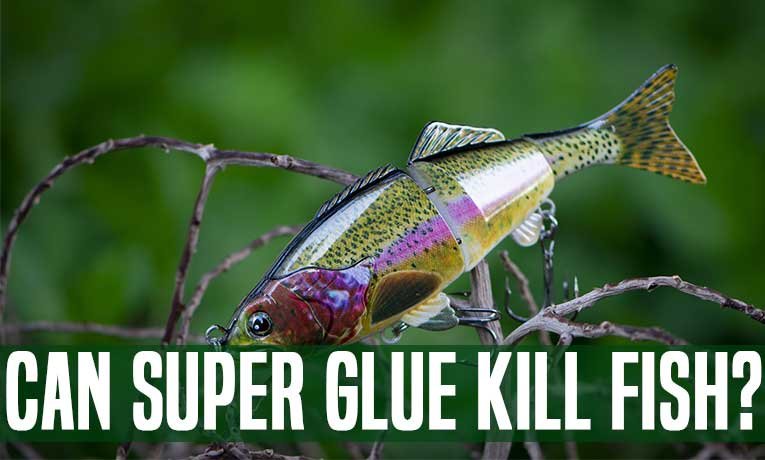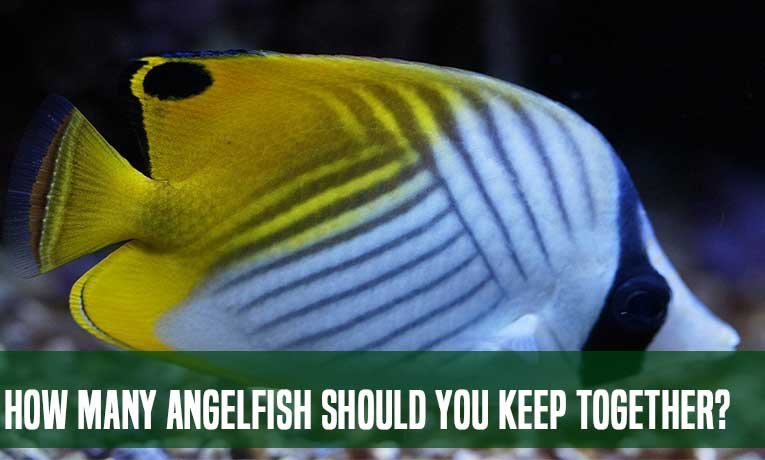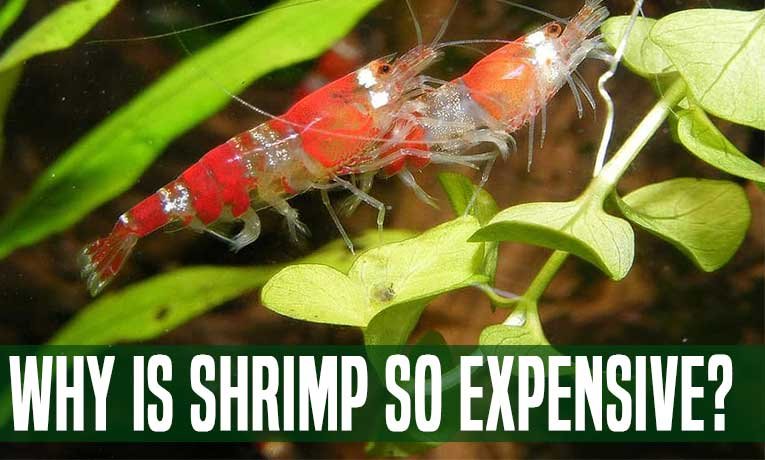Can Too Much Dechlorinator Kill Fish
When you 1st introduce fish to the aquarium, the water condition is crucial to fish health. In fact, clean and healthy aquarium water can be the difference between life and death for fish.
Hence, aquarists opt for dechlorination to better the tank water condition. However, the overuse of dechlorination can be detrimental to fish too. Many beginner fish keepers ask me, can too much dechlorinator kill fish?
To answer it shortly, the dechlorinator won’t kill your fish.
But it may cause several fish health issues, which need to be addressed early and solved for a healthy aquarium. Also, you need to periodically dechlorinate your fish tank to lower the accumulation of chlorine.
You will require to get the right dechlorinator for the purpose.
So, today we will discuss everything related to the dechlorination process of the aquarium. It includes the actual meaning of dechlorination, how to do it effectively, what adverse effects improper and overuse of the process can have on fish health, and how to solve them.
So, let’s begin it.
Table of Contents
What Is A Dechlorinator?
Before we get to know what a dechlorinator is, let’s focus on what dechlorination is. According to EPA (the United States Environmental Protection Agency), dechlorination is a residual chlorine removal process from freshwater or wastewater before use.
The dechlorinator is referred to as the chemical agent or additive used to remove the chlorine and chloramine from the water to purify it. Dechlorinator is one of the most straightforward water conditioners to remove harmful elements from water.
You should note that although a dechlorinator is a type of water conditioner, not all water conditioners can dechlorinate water. The most common dechlorinator for wastewater treatment is Sulfur Dioxide (SO2), while another alternative is carbon absorption.
However, fish tanks come with various dechlorinator, which have a wide range of alternatives depending on the dechlorination level you want to perform. However, if not overused, the dechlorinator is mostly harmless for aquarium fish and biological filters.
Why Should I Use a Dechlorinator in a Aquarium?

Let me explain the situation to you.
Suppose you have brought an aquarium to your home. Which water type will you pour into it?
Will you purchase mineral drinking water like Evian, Voss Artesian, or Saint Geron to fill the fish water? DEFINITELY NOT!
So, what water will you mostly use to fill up the fish tank?
Well, the most OBVIOUS ANSWER will be tap water and well water.
And that’s where the usefulness of chlorinator comes forward so vividly, so viscously. As part of their drinking water purification, most cities use chlorine and chloramine to kill harmful pathogens, such as various viruses and bacteria, in the supply line.
Also, wells in villages are treated with chlorine to kill adverse pathogens and make the water safe for drinking and other usage. The chlorine used to manage the water is minimal and won’t cause any damage to humans, and most land animals, including cows, goats, and so on.
However, chlorine is detrimental to fish health (in fact, a few more drops of chlorine in the aquarium or tank water is enough to kill the fish at a premature age. Also, it can destroy the biological filter in the fish tank, which will add up to your future cost.
So, a dechlorinator agent is used to reduce the amount of chlorine in the water to near zero so that fish can thrive in uncontaminated water. Also, the dechlorinator kills bacteria and viruses to a great extent, and it is a big plus point for fish keepers.
Can Too Much Dechlorinator Kill Fish?
We have already told you that the overuse of dechlorinator is harmful to fish health and aquarium filters.This is because dechlorinator chemicals can accumulate in the water and harm your fish.
Dechlorinators may also contain sulfites or thiosulfates, which can be harmful if overused.
The Side Effects of Overusing Dechlorinator
Although the overuse of dechlorinator cannot kill your fish, it brings several side effects to the tank water, filters, and fish.
Ideally, the dechlorinator agent should react with other water chemicals and additives used to purify the tank water. However, it may sometimes respond with additives, especially if you use some fancy and cheap dechlorinators, leaving a residual build-up within the fish tank.
This dechlorinator residual will be a matter of concern in small tanks and also where the filtration system is inappropriate. Furthermore, dechlorinator agents will often and usually pull oxygen from the water.
So, if the fish tank is already running low on oxygen, this can be potentially dangerous for fish within the container.
To avoid such inconvenience, we suggest you use an oximeter to know the oxygen level in the aquarium before you apply the dechlorinator.
How to Choose the Right Dechlorinator for a Fish Tank?
With all the side effects of fancy and cheap dechlorinator agents in mind, you must be looking dedicatedly to getting the right dechlorinator for your fish tank.
Am I right? If yes, follow the suggestions below to pick the right dechlorinator for aquariums.
- All dechlorinator will surely remove chlorine from water because that’s what the reagent is made for in reality. However, some dechlorinator agents may not remove chloramine from tap water, which is often unproductive. So, keep an eye on it.
- Dechlorinator agent who can’t remove chloramine from the water will most likely mention it on their label. However, most brands will hide such incapability with a subtle print. So you don’t notice it. So, check the label to know whether or not the dechlorinator agents can also neutralize the chloramine from the water.
- Some high-end brands may claim to remove ammonia from the water as well. However, removing ammonia using dechlorinator harms the tank’s biological filtration. So, we suggest you avoid such’ benefits.’
- Some dechlorinator brands may even claim to have calming effects on Vitamin E to improve fish health. But research says that no dechlorinator agent can have such effects on tap water. And even if they do, it could be more mentionable. So, pay only what is necessary for such nominal benefits.
- Hence, look for a dechlorinator that removes only the chloramine and chlorine from the fish tank and does not have other unwanted benefits.
Where Do You Get a Dechlorinator?
Dechlorinator is a commonly used tank water purifier, so it is available in almost every local pet shop. Indeed, nearly all pet shops, especially the fish and aquarium shops, keep different brands of dechlorination at their store to meet the varying requirements of their customers.
Also, you can order them from online shops. Most aquarists will generally ask for a basic dechlorinator, as we suggested in the previous section. However, in some sporadic incidents, some customers may ask for dechlorinator with extra benefits, such as a stress reliever or Vitamin E and aloe extract. But these will only add to the overall cost while having the east benefits.
So, why pay higher for such nominal benefits?
What is the Average Cost of Dechlorinator?
Luckily, the dechlorinator comes in an inexpensive price range and is often negligible compared to the higher prices of aquarium filters. It would help if you got sufficient dechlorinator for an aquarium with a few dollars for a whole year’s treatment.
Regarding dechlorinator cost, $5-$10 is enough to purchase the amount of dechlorinator required to remove chlorine and chloramine from 15000-2000 liters (4000-5000 gallons) of water. But if you want some extra additives such as ammonia removal as well as Vitamin E treatment within the dechlorinator, it may cost a few dollars more.
The Proper Use of Dechlorinator in a Fish Tank:
When you add tap water to the fish tank, you need to dechlorinate it in the first place. For it, you will require to use dechlorinator agents.
The right use of dechlorinator process follows as:
- Most reliable dechlorinator brands will ask you to use 1-2 drops of dechlorinator for two gallons of tank water.
- Some brands may suggest you use one tablespoon of dechlorinator for every ten gallons of water. It suggests 2.5ml to 5ml for 35-40 gallons of tank water.
- You should carefully check the dechlorinator package label to know the requirement for the exact amount of dechlorinator.
- If you have already filled up the fish tank and added new water, dechlorinate the freshwater only. You won’t have to apply the dechlorinator for the entire tank water.
- Dechlorinator agent is actually fast-acting additive. So, usually, these will neutralize the tank water mostly around five to ten minutes. However, we suggest you check the dechlorinator label to know the valid period and use it accordingly.
- You can speed up the process with the use of stone. You can add a large rock to the water bottom and speed up dechlorinating.
- Wait at least 15-30 minutes before adding fish to your aquarium.
- Monitor your fish and other aquarium inhabitants closely for the first few hours after adding them to the tank. Look for signs of stress or distress, such as gasping for air or unusual swimming behavior.
Frequently Asked Questions:
1. Is there any alternative to the dechlorinator?
Ideally speaking, dechlorinating water or removing chlorine from water is impossible naturally. So, always you have to see for artificial ways. If you don’t like using dechlorinator to remove chlorine and chloramine from water, you can invest in a carbon filter.
Carbon filters with carbon catalytic will work fine to dechlorinate fish tank water. But the carbon filters are expensive. Nonetheless, considering the other benefits it brings you, the price seems reasonable.
2. Should I leave the water overnight after using the dechlorinator?
Dechlorinator acts pretty fast, So its volatile effect will soon evaporate chlorine in the air and leave the water usable for the aquarium. However, if the water contains chloramine, the process will take longer to get an entire roundup. So, leaving the water overnight for dechlorinating is safe.
Also, make sure the water temperature is normal so that it doesn’t cause the tank fish with a heat shock.
Conclusion
So, this is our in-depth discussion on the question, ‘Can too much dechlorinator kill fish?” ideally speaking, dechlorinator won’t kill the fish, but chlorine and chloramine in the tank water will do.
So, always opt for the right dechlorinator before you put new water in the tank. Dechlorinators are cheap, easy to get and applied in the tap and well water. So, you should be fine with the process.
We suggest you follow the package instructions, and the rest of the process will be a breeze for you. So, don’t bang your head much with the issue. Instead, be attentive to maintaining the right water parameters for fish, such as water temperature, pH level, etc.
Author

Hi, my name is Russel and I am the founder of Okfisher.com. I am an ardent fish lover, professional angler and writer, and I hope to share my passion with you.





